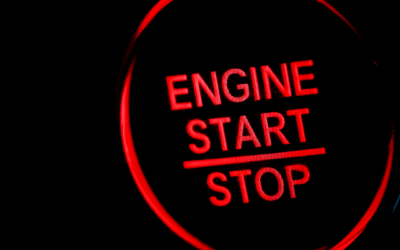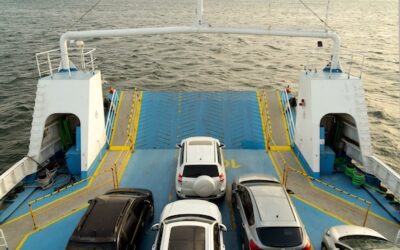Adding a named driver to your insurance policy can be a great arrangement for both you and the named driver – particularly if they’re new to driving. It can be more straight forward and easier to manage if you add a driver to your policy rather than them purchasing their own policy.
However, there are certain things you and the named driver need to bear in mind whether to add them as a named driver or deciding if they should have their own policy. So in this post we’ll explore some of the most important implications of being a named driver.
How Does Adding a Named Driver Work?
If you add a named driver to your insurance policy, they can legally drive your car with the same level of cover that you pay for. So if you have a comprehensive car insurance policy, the named driver will also get comprehensive cover.
Pros and Cons of Being a Named Driver
PROS:
- All drivers on one policy. Depending on the driver, it can be more cost effective to add a driver to your policy then them purchasing their own policy. It also keeps you in full control on who is allowed to drive your car.
- It gives the named driver access to a car. If they can’t afford their own car, making them a named driver on your policy means they can drive your car.
- It can be more convenient for you. Need a lift and don’t feel like driving? Or need someone to pop out to the shops for you? There are many occasions when it would be very useful to have another driver around.
CONS:
- Accidents by the named driver may impact your no claims discount. If the named driver has an accident while driving your car, the accident will be recorded against them. However, because the claim will be made on your policy, it could affect your no claims bonus, even if the accident has nothing to do with you.
- It may not be the best long-term solution. If the named driver ever wants to get a policy of their own, all of their years of safely driving your car may not lead to them having a no claims bonus.
Does a Named Driver Need Their Own Insurance?
No, named drivers do not need their own insurance if you’re adding them to your existing policy. However, if the named driver has their own car, then they will need their own insurance for that vehicle.
You can still be a named driver on someone else’s policy even if you’re the main driver on your own policy.
Can a Named Driver Drive Another Car?
Being a named driver does not give you a green light to drive any car you wish. They will only be able to drive the car that’s covered in the policy that has them as a named driver.
If they want to drive their own car, they will need to take out a policy of their own. And if they will also be driving someone else’s car, then they’ll need to become a named driver on that person’s policy.
Is It Better for New Drivers to Have Their Own Insurance?
For young and inexperienced drivers, being a named driver can make things a bit cheaper with some insurers, but it’s not always the best arrangement.
Getting a policy of their own may cost them a little more than being a named driver on someone else’s policy. However, it will allow them to drive their own car, and it will give them a level of freedom and flexibility they’d never get as a named driver. Plus, with their own policy they’ll be able to build up a no claims discount, which will help them make savings on their cost of cover in the long-term.
At Go Girl, we specialise in giving young and inexperienced drivers comprehensive cover for less. Read more about how we can help save on the cost of cover.




